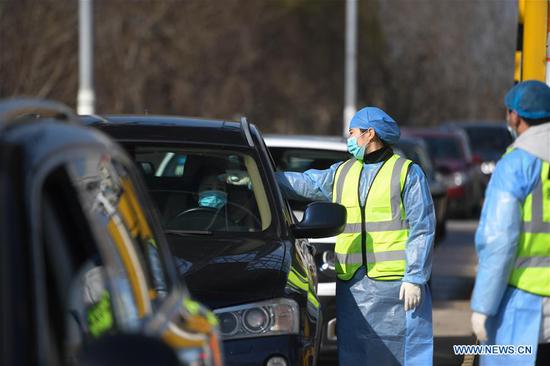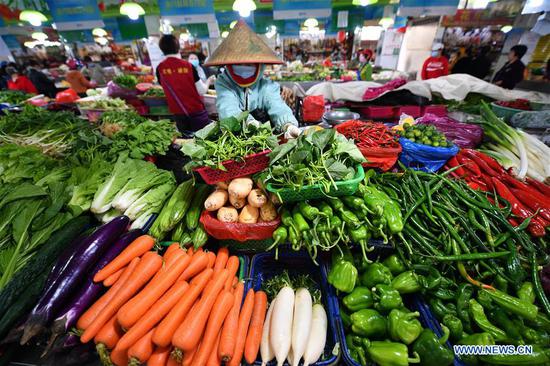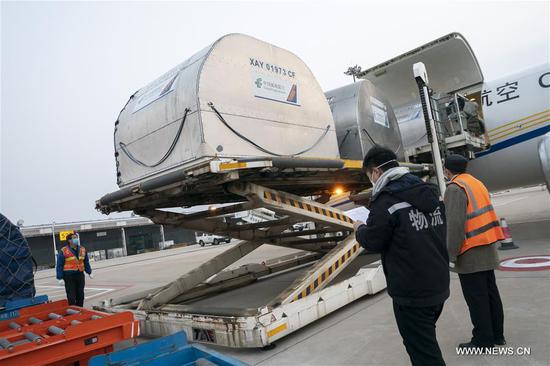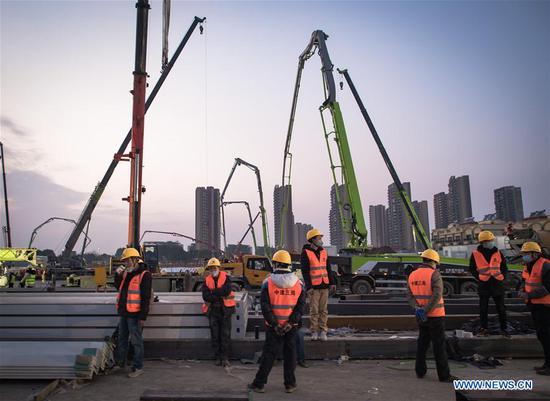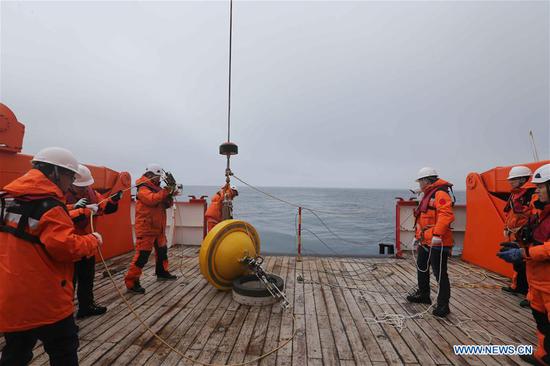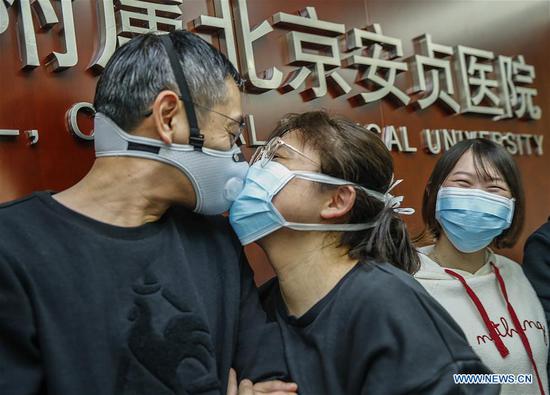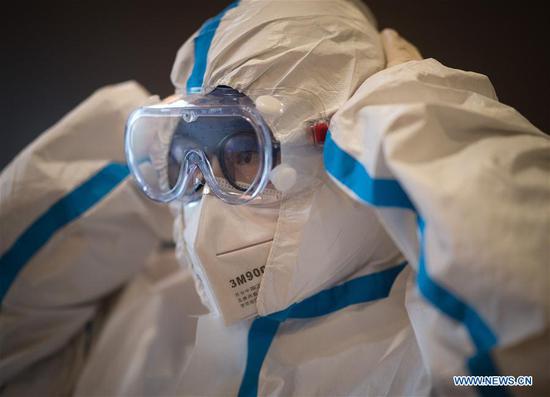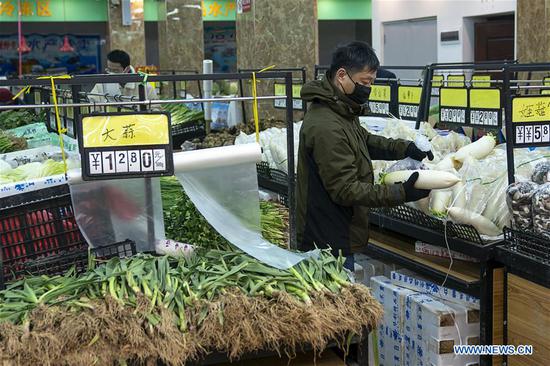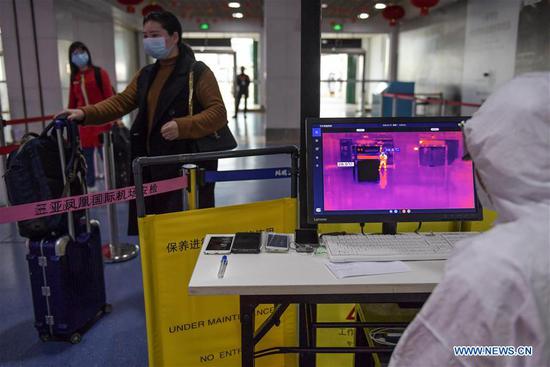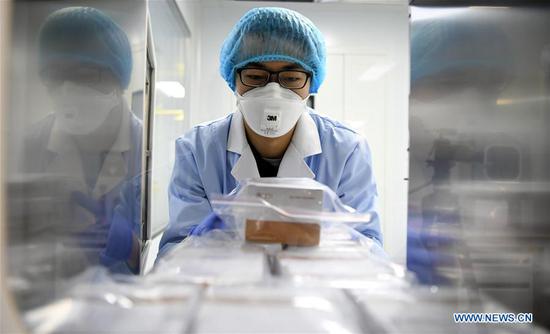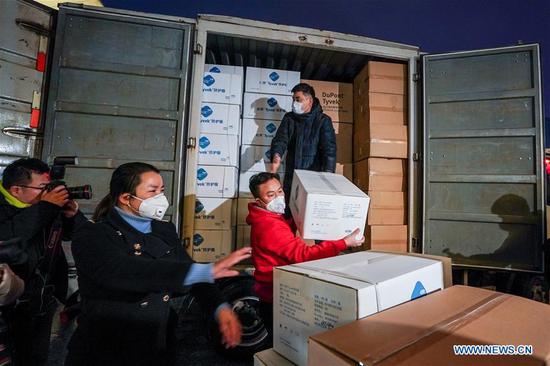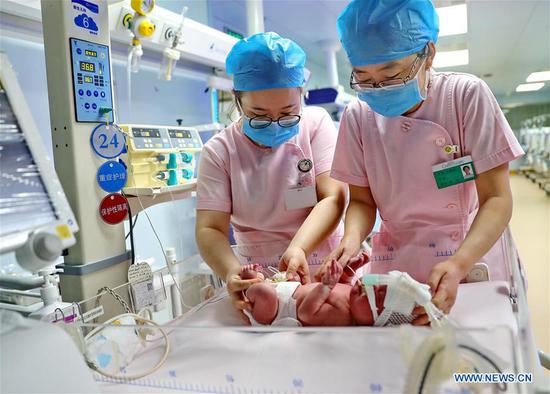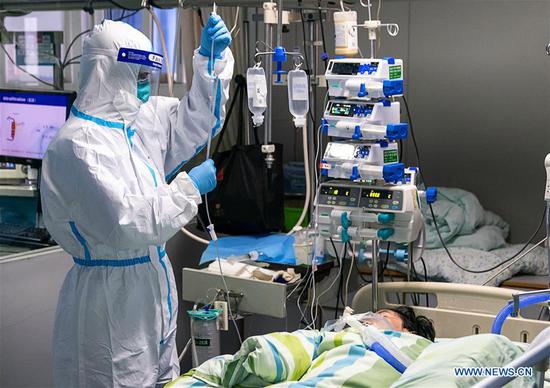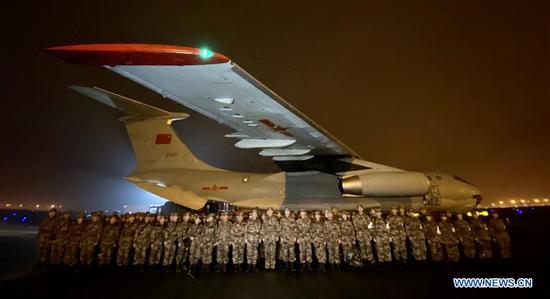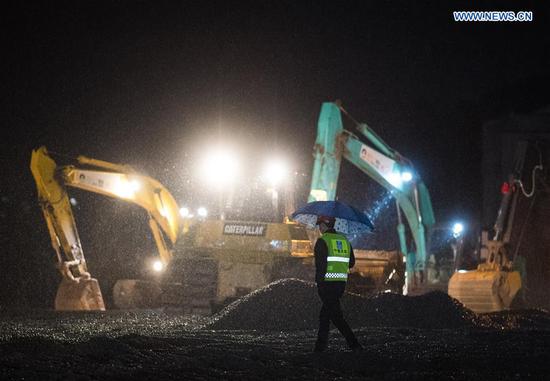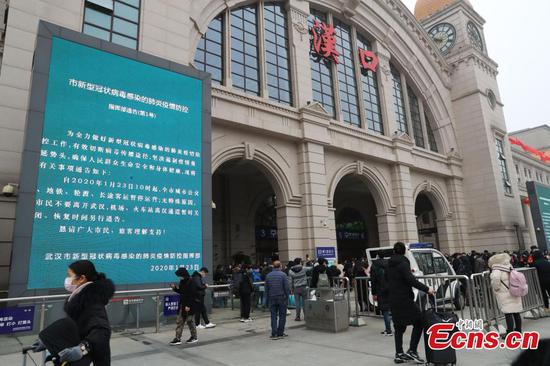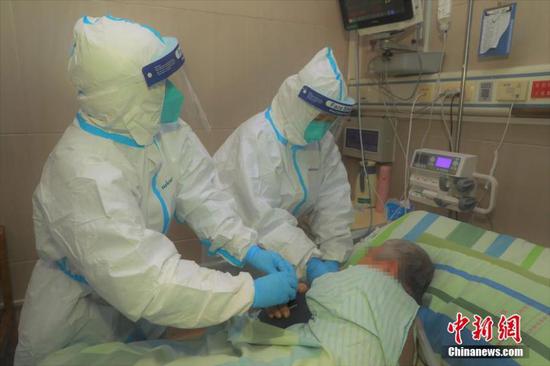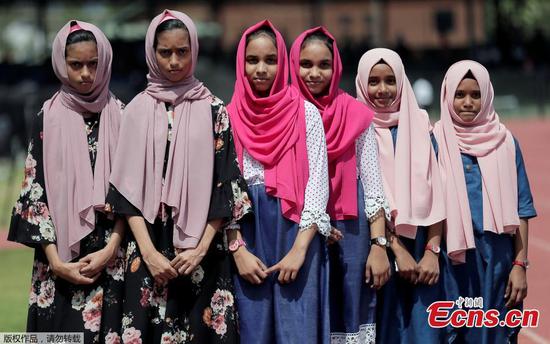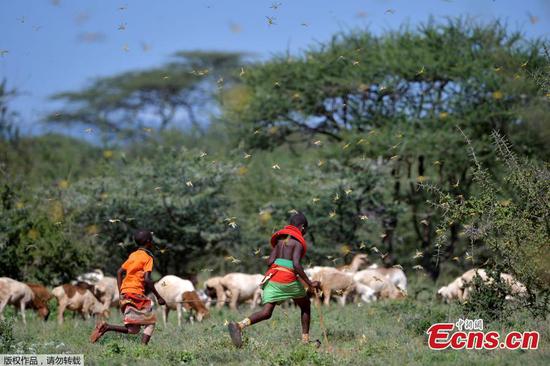Join Hands in Fighting against the 2019-nCov Epidemic
The 2019-nCov epidemic has become a common concern of the international community. Since the first infection was diagnosed in Wuhan in December 2019, the novel coronavirus has been spreading at a speed even beyond the expectation of medical experts. In response, the Chinese government mandated a quarantine of the Wuhan city on January 23, 2020; 31 provinces and municipalities, including Beijing and Shanghai, have also taken measures on first-level response to this major public health emergency. The international community has paid close attention to China’s actions to control the epidemic. On the evening of January 30, the World Health Organization (WHO) declared the 2019-nCov epidemic a “public health emergency of international concern (PHEIC).”
The actions of the Chinese government and people are key to the global campaign against this epidemic. Why has the Chinese government taken such strong measures as quarantine of Wuhan? How effective are they? Can the Chinese government and people manage to contain the epidemic? What are the short-, mid- and long-term effects of the epidemic on China’s economy? And how can the international community work together to tackle the international public health emergency? To answer these questions, experts from the Institute of Global Governance at Shanghai Institutes for International Studies (SIIS) were convened and jointly completed this report.
My colleagues believe that despite the daunting tasks faced by China, such strong measures as quarantine of key areas are still the most effective means to contain the epidemic; otherwise, the whole nation and even the world would be subject to greater public health risks. Notably, public morale has been boosted across the nation in fighting against the epidemic with such measures. Under the leadership of the central government, and with dedicated efforts from local governments and the whole society, the nationwide emergency-management system is beginning to take full effect.
Meanwhile, it is believed that at a critical moment for international political and economic dynamics and China’s economic transformation, the 2019-nCov epidemic will have much negative impact on China’s economy (especially in the short run), as well as on world economy in many ways. However, in the mid- and long term, China’s economy will manifest strong surprising resilience; with the support of the international community, the Chinese government and people will ultimately conquer the epidemic and China’s economy will remain robust.
My colleagues also point out that in the globalized era, such epidemics as 2019-nCov have become common threats for humanity that demand joint efforts from the whole international community. As WHO Director-General Tedros Adhanom Ghebreyesuson said at a press conference on January 30, “the only way we will defeat this outbreak is for all countries to work together in a spirit of solidarity and cooperation. We are all in this together, and we can only stop it together......This is the time for facts, not fear. This is the time for science, not rumors. This is the time for solidarity, not stigma.” It is with the same spirits that SIIS experts completed this report on which I appreciate my colleagues’ work very much.
Chen Dongxiao
President, Shanghai Institutes for International Studies
January 31, 2020









